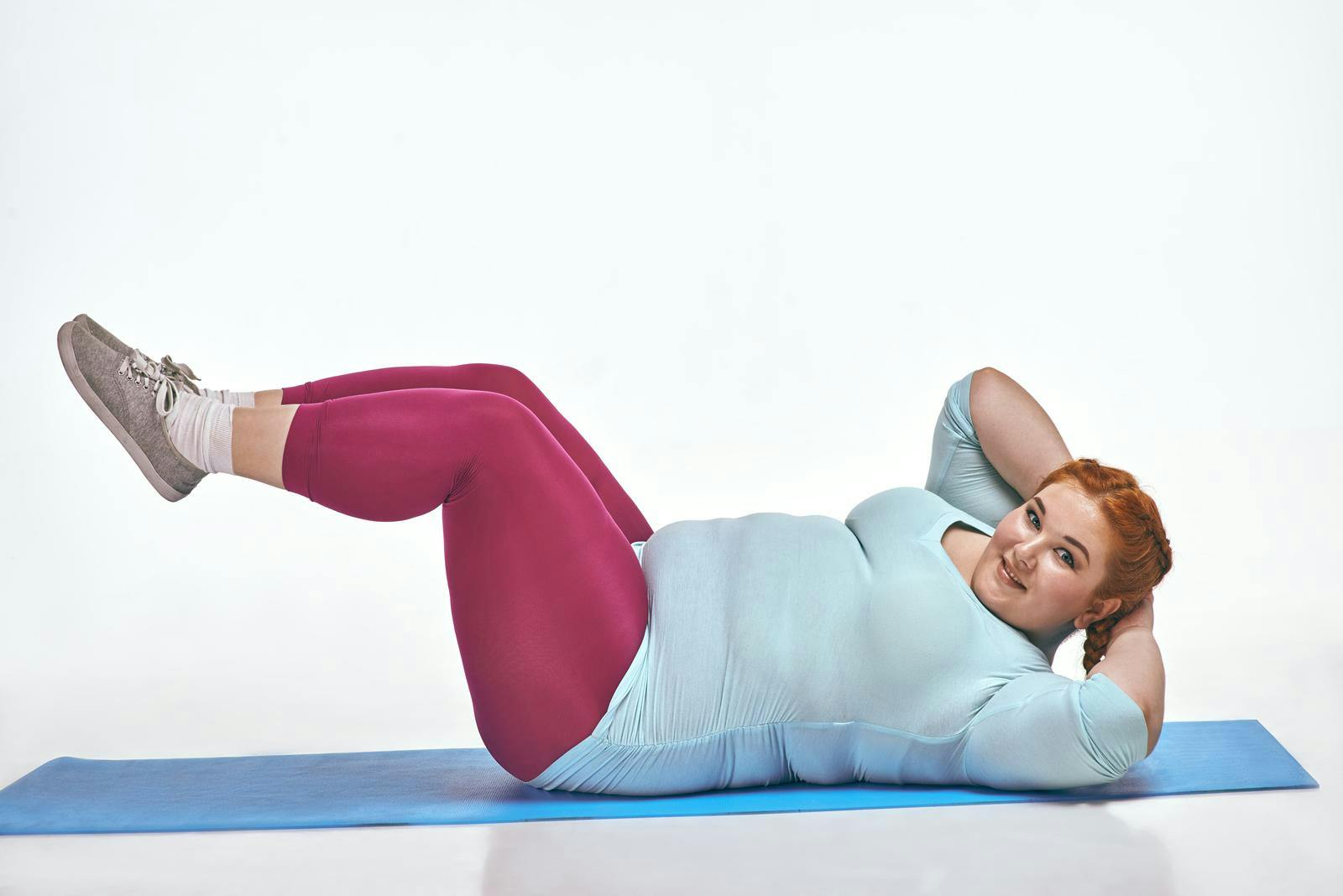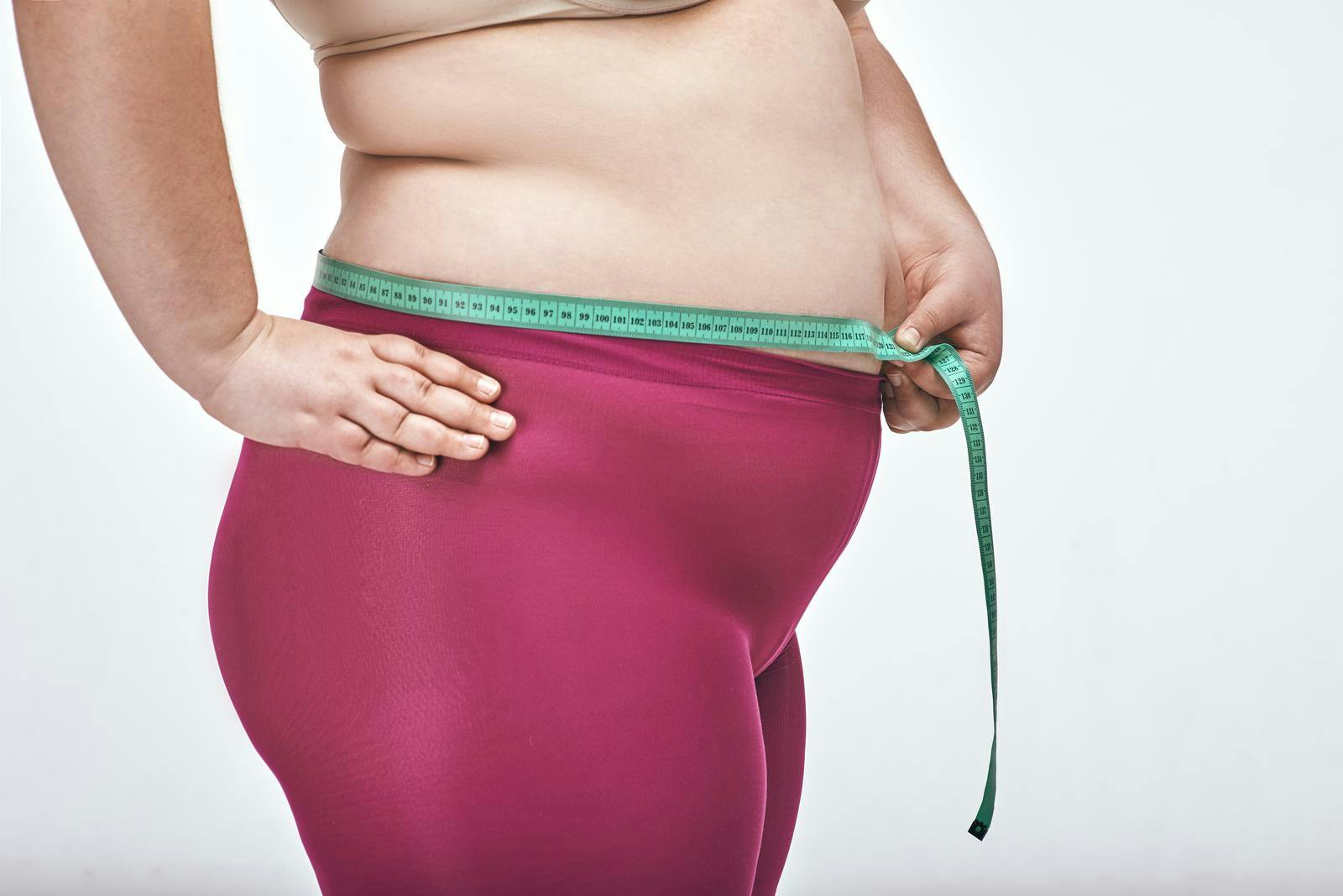Understanding FUPA
While both FUPA (Fat Upper Pubic Area) and apron belly involve excess fat in the lower abdominal region, they differ in location and appearance. FUPA is concentrated fat directly above the pubic bone, creating a small bulge, whereas an apron belly, also known as pannus, is a larger overhang of skin and fat that extends down from the lower abdomen, often covering the pubic area and even reaching the upper thighs in some cases.
When it comes to understanding FUPA, let's clear away the confusion right off the bat! FUPA, or the Fatty Upper Pubic Area, refers to excess fat that settles above the pubic bone. This area isn't off-limits to anyone; it can affect women and men.
Weight fluctuations, pregnancy, aging, and even genetics play a role in its appearance, often leading to discomfort in fitted clothing and causing you to size up.
FUPA can really chip away at your self-esteem and body image. You might feel frustrated when your favourite jeans fit differently or when you struggle to find flattering outfits.
While lifestyle changes—like diet and exercise—can help maintain a healthy weight, they often aren't enough to achieve significant fat reduction in this specific area.
For many, surgical options such as liposuction or a mons lift become the solution when dedication to diet and exercise doesn't yield results.
Understanding FUPA empowers you to engage in positive discussions about body positivity and the importance of offering supportive options for those traversing their body image journey.
Causes of FUPA
While it might feel like your body has a mind of its own sometimes, the causes of FUPA are actually quite understandable.
One big factor is genetics, which plays an essential role in how your body fat is distributed, often leading to excess fat in the upper pubic region. If you've experienced weight fluctuations—whether it's dramatic weight gain or loss—you might've noticed some fat pockets forming. Those little pockets can turn into FUPA!
Hormonal changes, especially during pregnancy or menopause, can also mess with your fat storage patterns, making you prone to FUPA.
Let's not forget about your dietary habits—if high sugar and unhealthy fats have been frequent guests on your plate, it's time for a rethink, as they promote overall weight gain.
As you age, your body may produce less collagen and elastin, contributing to skin laxity. This makes it even tougher to keep that area looking toned, resulting in increased fat deposits.

Treatment Options
Tackling FUPA doesn't have to be intimidating; there are plenty of effective treatment options out there to help get rid of FUPA!
Whether you're looking for lifestyle modifications or weighing surgical interventions, you've got choices that can help you feel more comfortable in your skin.
To kick things off, here are a few options to consider:
- Lifestyle modifications: Focus on a balanced healthy diet, regular exercise, and stress management for overall fat reduction.
- Non-surgical treatments: Explore prescription weight loss medications, CoolSculpting which is essentially fat freezing or laser therapy to target fatty tissue without invasive procedures.
- Surgical interventions: Liposuction or a pubic lift (monsplasty) can effectively remove excess fat and skin for a more sculpted look.
- Combination procedures: Enjoy enhanced results by pairing a tummy tuck with a pubic lift to address both the abdominal area and pubic region simultaneously.
Psychological Impact
Many people with FUPA find that the psychological impact can be just as challenging as the physical aspect.
It's easy to feel self-conscious, especially in social or intimate settings when your body image takes a hit. This often leads to decreased self-esteem and body confidence, leaving you feeling like you want to retreat from social situations.
Unfortunately, this experience can feed into a social stigma, making you feel embarrassed or ashamed about your FUPA.
Studies reveal that these feelings can contribute to mental health issues like anxiety and depression, which isn't how you want to live your life.
But there's hope! Joining support groups can offer emotional relief and a sense of community with others who get it.
And don't underestimate the power of mindfulness and body positivity efforts. Embracing positive self-acceptance strategies can greatly enhance your overall well-being and boost your body confidence!

